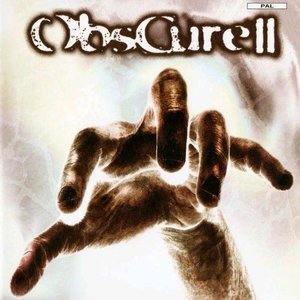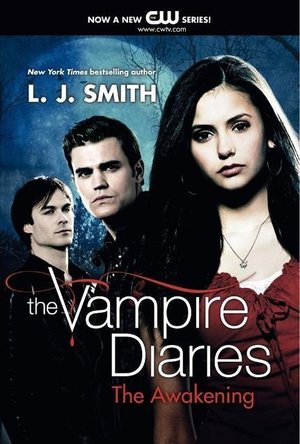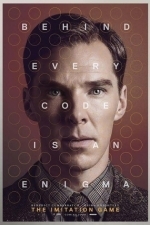
I'd Rather be a Witch (The Cotton Candy Quintet #2)
Book
Jordyn wasn’t careful with what she wished for. After making a reckless choice that destroyed...

Obscure 2
Video Game Watch
Two years ago, at Leafmore High, a group of young teenagers were trapped inside their school and...
Survival Horror

Risking It All
Book
A high-achieving teen who’s determined to become a fighter jet pilot is matched up with an accused...
Contemporary Romance Young Adult

The Awakening (The Vampire Diaries, #1)
Book
This special paperback TV tie-in edition of the first book in L.J. Smith’s New York Times...

Twilight's Touch (Prairie Smoke Ranch #2)
Book
In Wyoming’s sweeping prairies a tender new love will be put to the test. Perry Yellow Horse...
Contemporary MM Romance

Mad Honey
Jodi Picoult and Jennifer Finney Boylan
Book
Olivia fled her abusive marriage to return to her hometown and take over the family beekeeping...
Romance

Complicating Roy (Love Me Do #2)
Book
Complication doesn’t always have to be a bad thing. Duke Charles needs a break. He’s tired of...
Contemporary MM Romance Erotic

I Know Her Name: a poetry book from the pages of You Won't Know Her Name
Book
In the sixth grade, a girl’s life was turned upside down by a series of horrific bullying events. ...
poems poetry poetry collection bullying teen teens
David McK (3721 KP) rated The Imitation Game (2014) in Movies
Feb 26, 2022
This flits back and forth between three timelines: the 1950s (just before Turing committed society, after being found guilty of Homosexual behaviour, which was outlawed at the time), the late 30s/early 40s (his work at Bletchley) and the 1920s (his childhood at a public boarding school, where he was bullied).
Cumberbatch manages to bring a different aura to his portrayal of Turing than he did previously to Sherlock - even though both are geniuses who struggle with a low EQ (Emotional Quotient) - while Kiera Knightley does her period piece acting as his fellow (perhaps even smarter) codebreaker Joan, who has to also put up with the misogynistic attitudes of the time.
And yes, the Imitation Game of the title is a real philosophical conundrum (which is described during the movie itself).

Bridging Hope (Bridging Hearts #1)
Book
When workaholic Pierce Simms’s sister passes, he suddenly finds himself unemployed, back in the...
Contemporary MM Romance Hurt/Comfort Forced Proximity Small-Town Romance
